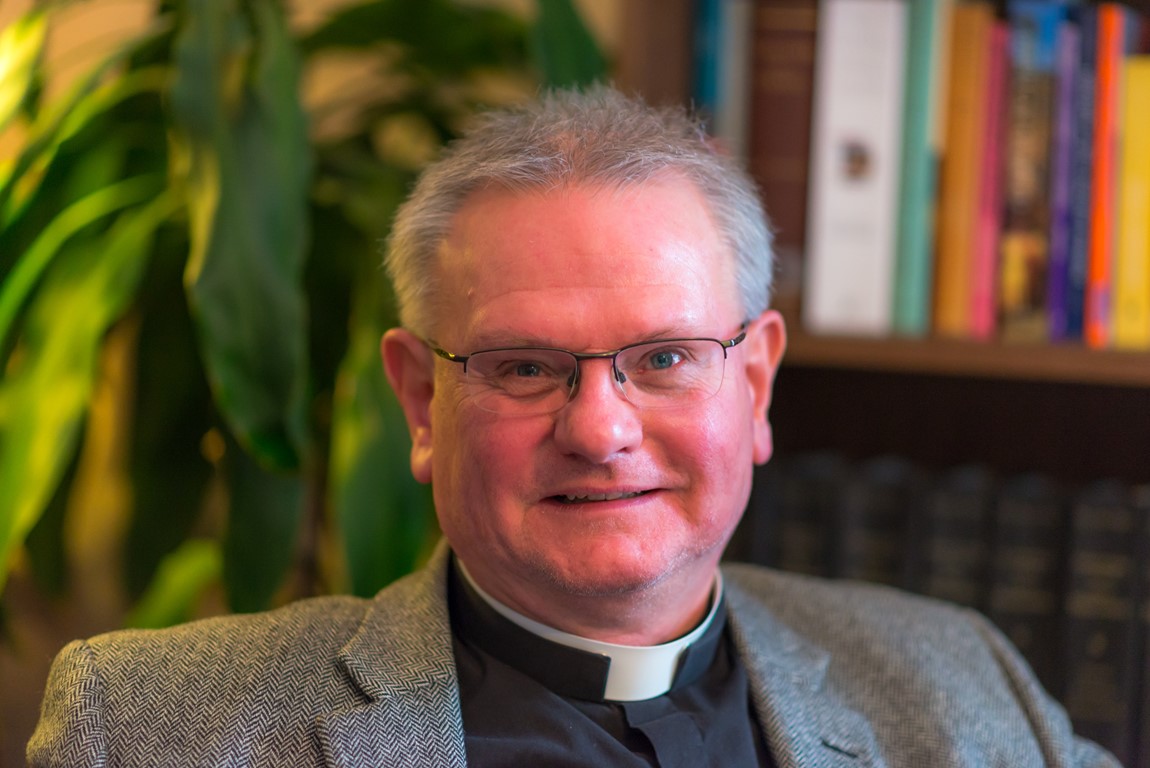Brexit

OK, someone has to mention it, and it might as well be me. Brexit. On a recent visit to Waterstone’s, I saw a table covered in about a dozen different books all with Brexit as its theme, some for, some against, all bearing witness to the utter dominance this word has had over the political landscape for the last couple of years or so. As this is written, we still don’t know the final outcome of the Brexit negotiations, but even so, I feel the need to share a few thoughts about it. Sorry about that, but as I just said, someone has to do it.
The first thing to say that Brexit in itself has solved, and will solve, nothing. If the Referendum result of June 2016 was to settle the issue over the European Union, then how wrong we were. If anything, we are more divided than ever, and the possibilities that Brexit will lead to are many and endless, ranging from anticipating a new world of opportunities to the nightmare scenario of doing without lettuces for a few weeks.
Secondly, the handling of Brexit has brought other themes to the surface, which probably isn’t a bad thing if we are honest. Significant political questions, such as who has ultimate power or sovereignty, government or Parliament? are being asked. The disconnect between Westminster and the rest of the country is also a matter of focus and discussion.
Thirdly, and this is a good thing I think, there is a real opportunity for us as a nation to seriously think about what kind of society we want in the wake of Brexit. We are uncoupling from one political landscape, but where will we end up? Sadly, the tribalism of party politics might staunch this debate, but I would like to think that, in seeing how the United Kingdom takes its place in the world from now, many agencies, including faith groups, may have a part to play in that debate.
Ever since the Referendum, Brexit has been couched in a binary way: either in or out, for or against, and whilst this apes the party system in Westminster, a system that has been badly damaged by the whole Brexit political debate, I would like to think that the time has come for other forms of political discourse to be explored in the future. Why do health and education always become
The sorry history of Brexit indicates that we are deeply mired in a partisan political approach to most things. If we can break out of this pattern then the experiences of the last two years or so might lead to a brighter political future.

